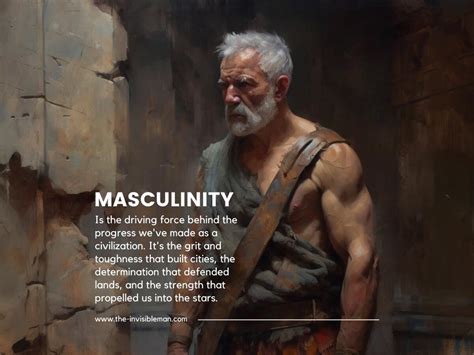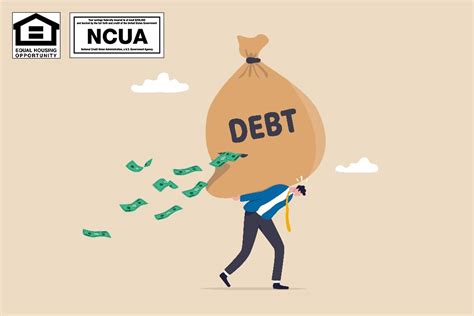The Silent Burden: Masculinity and Money Talk
In many societies, the construct of traditional masculinity places a high value on strength, self-reliance, and the ability to provide. Men are often expected to be the stoic, unwavering protectors and providers for their families, shouldering burdens silently. This deeply ingrained cultural narrative can have profound implications, particularly when it comes to personal finance, creating a significant barrier to open discussion about financial struggles.
The expectation to be ‘strong’ and ‘in control’ often means that admitting vulnerability, especially concerning finances, can feel like a direct challenge to a man’s perceived identity and worth. This internal conflict often results in a reluctance to seek help or even discuss monetary difficulties with those closest to them, including friends and family.

The Pillars of Traditional Masculinity and Financial Independence
Traditional masculine ideals often intertwine self-worth with financial success and stability. A man who is unable to manage his finances, or worse, is in debt or facing bankruptcy, may feel he is failing in his fundamental role. This perception is rooted in historical and societal pressures that have long dictated a man’s primary responsibility as an economic provider.
The pressure to maintain an image of unwavering financial competence means that financial difficulties are often viewed as a personal failure rather than a common life challenge. This fear of judgment, both from others and self-imposed, drives a cycle of silence, making it incredibly difficult for men to voice their concerns or ask for advice, let alone concrete help.

The Stigma of Struggle: Why Silence Prevails
For many men, opening up about financial struggles is equated with admitting weakness, a cardinal sin in the realm of traditional masculinity. There’s a profound fear that such an admission could lead to a loss of respect from peers, family, or even a romantic partner. This stigma can be so powerful that men prefer to suffer in silence, enduring mounting stress and anxiety rather than risking the perceived blow to their masculine image.
This reluctance is further compounded by a societal lack of platforms or encouragement for men to discuss vulnerability openly. While conversations around mental health are slowly improving, financial vulnerability often remains a taboo topic, particularly within male social circles where banter and bravado might overshadow genuine emotional support.

The Ripple Effect: Consequences of Non-Disclosure
The decision to conceal financial troubles has far-reaching negative consequences. Psychologically, it can lead to increased stress, anxiety, depression, and even anger, as men grapple with the burden alone. The isolation can be immense, leading to strained relationships with family and friends who might otherwise offer support if only they knew the extent of the problem.
Financially, non-disclosure often exacerbates the problem. Without external perspectives, advice, or potential practical assistance, men might make less informed decisions, fall deeper into debt, or miss out on opportunities for recovery. The cumulative effect can be devastating, impacting not just the individual but also their dependents and overall quality of life.

Breaking the Mold: Towards Openness and Support
Challenging these traditional perceptions of masculinity is crucial for fostering healthier financial behaviors and outcomes for men. Redefining strength to include emotional honesty and the courage to seek help can empower men to address their financial struggles proactively. Encouraging open dialogue from a young age and promoting environments where vulnerability is seen as a sign of self-awareness, not weakness, are vital steps.
Friends and family also play a critical role. Creating a supportive, non-judgmental space where men feel safe to express their concerns can make a significant difference. Shifting the narrative from individual failure to shared human experience, where financial challenges are common and solvable, is key to dismantling the silence. By doing so, we not only improve individual financial well-being but also strengthen community bonds and mental health.





